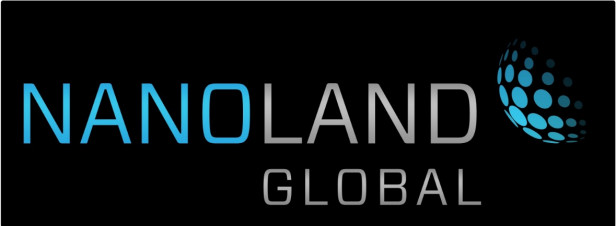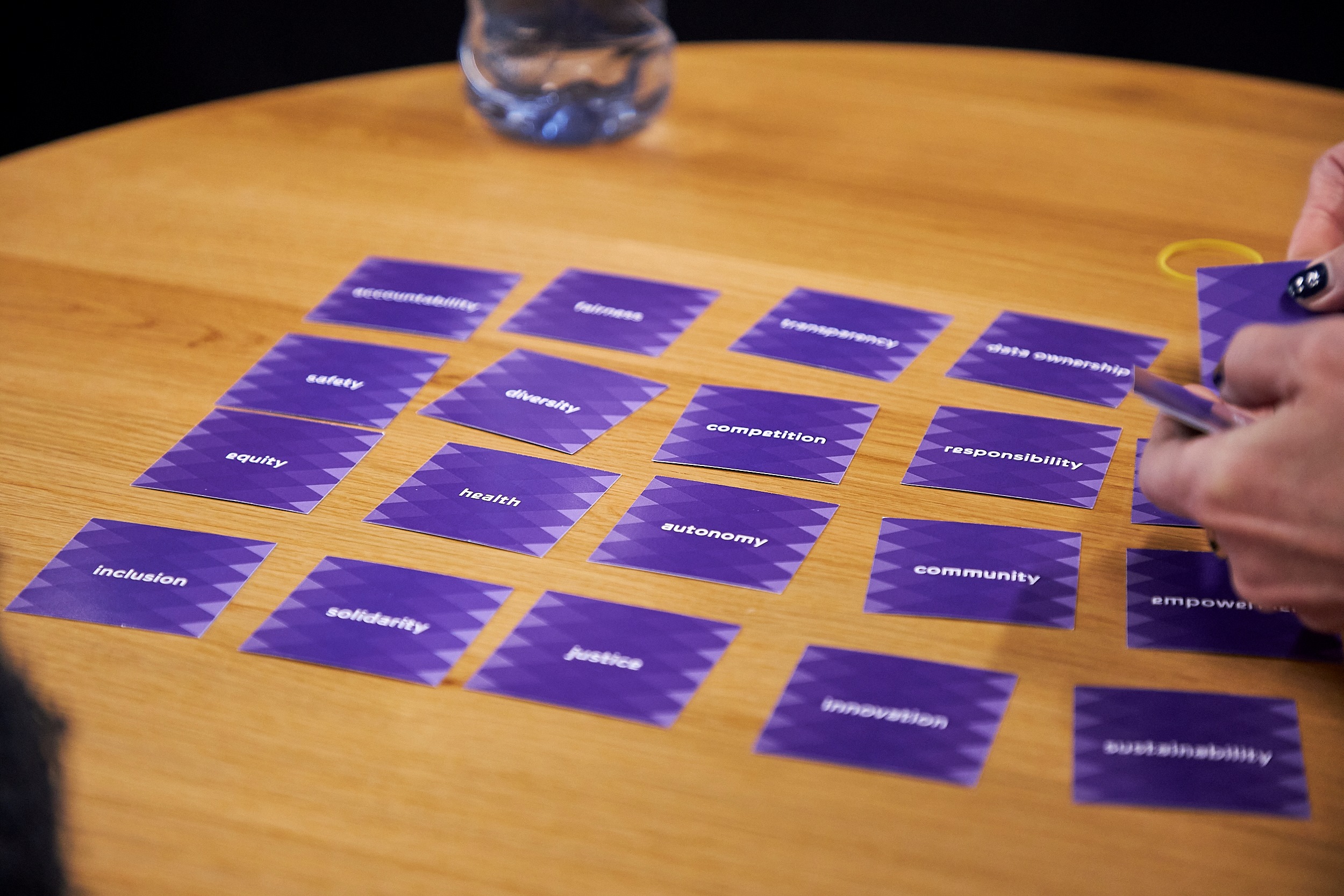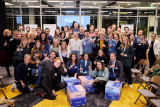In recent years, nanotechnology has been making considerable progress in the developed world. Manufacturing technologies — nanofacture — have been becoming more reliable and less expensive, and the number of products incorporating nanotechnology are ever-growing. Whereas ICT is the digitalization of information, nanotechnology can be viewed as the digitalization of materials, offering phenomenal potential for enhanced services, cost savings, green innovation, improved citizen health and economic development.
This development should be of considerable interest to all Local Authorities & City Planners, because entering the world of industrial nanotechnology requires much lower capital investment than traditional materials such as steel. Secondly, one of the most important industrial uses of nanomaterials, especially discrete nano-objects such as nanoparticles, nanorods and nanoplatelets, is as additives to other products. The addition of nano-objects to matrix materials can significantly enhance their qualities. For example, low- and medium-grade base (lubricating) oil can be converted to high-grade oil by the addition of certain metal nanoparticles. There are many other examples of this kind.
The message NLG wishes to convey to all cities, regardless of location, is that nanotechnology can be rapidly implanted and can significantly boost the value of products and services. Indeed the first cities to embrace the full potential of nanotechnology in regard to innovation, financial success, citizen health, clean and sustainable employment, etc., still await development. There is now a wonderful opportunity for city planners to exploit these innovations whilst focusing on greener and cleaner cities.
In order for cities to effectively unleash the potential benefits of nanotechnology, a careful assessment of existing activities is required, accompanied by an appraisal of what impacts the different aspects of nanotechnology (materials, devices (systems), metrology and so forth) could have on each of these activities.
NLG undertakes such appraisals upon request. The outcome is a comprehensive report, including data tables, and an assessment of the feasibility of implementing nanotechnology. The report can be followed-up by a teleconference or face-to-face question & answer session.
If any aspect of the appraisal needs to be followed up in specific detail, this can be undertaken in a second step, the outcome of which would be a further report.
Reports are typically delivered within 2 to 4 weeks after commissioning. They are researched and written by the scientific and technical associates of NLG. These associates have, typically, been educated and/or occupy a post at one of the world's top 10 universities. Their expertise is guaranteed. When using nanotechnology in the above described way, cities will profit from innovation, increase the health of citizens, enhanced performance of services, new business development, whilst improving competitiveness in a global market.
For more details please contact Dermott Reilly on +44 (0) 20 3287 9234 or info@nanolandglobal.com.
Smart Cities Nanotechnology Proposal






